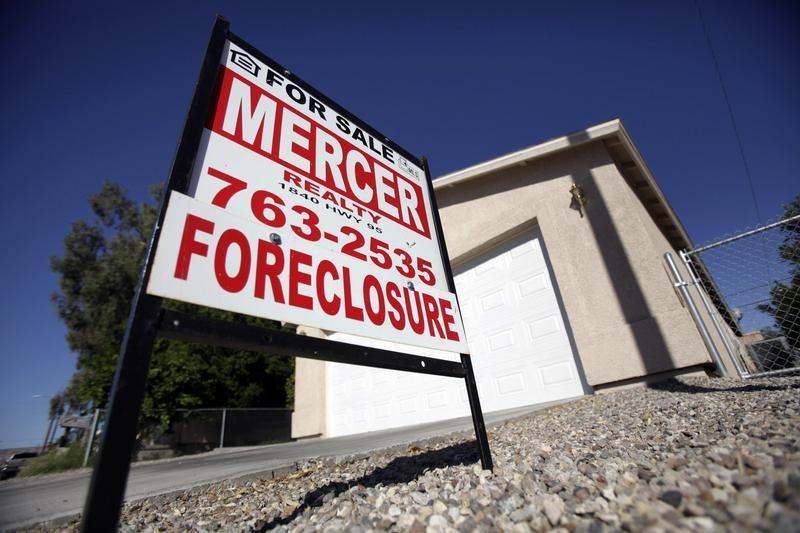By Lisa Lambert
WASHINGTON (Reuters) - Massive changes to the Consumer Financial Protection Bureau - or the financial reform law that established it - could hurt U.S. mortgage borrowers who use the agency to fight erroneous charges and foreclosures, according to Trulia, an online real estate marketplace.
President Donald Trump recently ordered a review of the Dodd-Frank Wall Street reform law that created the CFPB after the 2007-09 financial crisis to protect individuals from fraud and bad lending, with an eye to cutting it down. Meanwhile, Congress is considering legislation to radically reorganize the CFPB in a way that many bureau supporters say would defang it.
"That could be a blow for thousands of mortgage borrowers who have used the CFPB’s dispute resolution to act as an intermediary in their cases," the managing editor of Trulia's economics research team, David Weidner, wrote in an analysis released on Wednesday.
Using complaint data from the CFPB spanning Dec. 1, 2011 through April 10, 2017, Trulia found that borrowers in housing markets hardest hit by the mortgage crisis and those in expensive areas rely heavily on the CFPB for help in dealing with their loans.
The complaint rate was highest in Miami, Florida - with 1.6 percent of mortgage holders turning to the bureau compared to 0.46 percent nationally.
Even though members of the armed services only represent 1.2 percent of the working age population, they made up 5 percent of all mortgage complaints. In the same vein, people 62 or older represented 10 percent of complaints. That was a high proportion given that roughly 80 percent of Americans own their own homes by the time they turn 65, Trulia said.
The researchers also found that since 2012 complaints for Veterans Affairs, Federal Housing Administration and reverse mortgages have spiked.
The first two are part of federal programs intended to make housing more affordable for veterans and low-income workers.
Reverse mortgages are payments financial services firms make to people who own their homes, with the principal, interest and fees deducted from the future sale of the house. They are increasingly popular among retirees who may own real estate but are short on cash.
For all three types of loans, complaints more than doubled in just four years, according to Trulia, which said the high rate was caused by the lack of expertise lenders and servicers may have in the specialized products.
